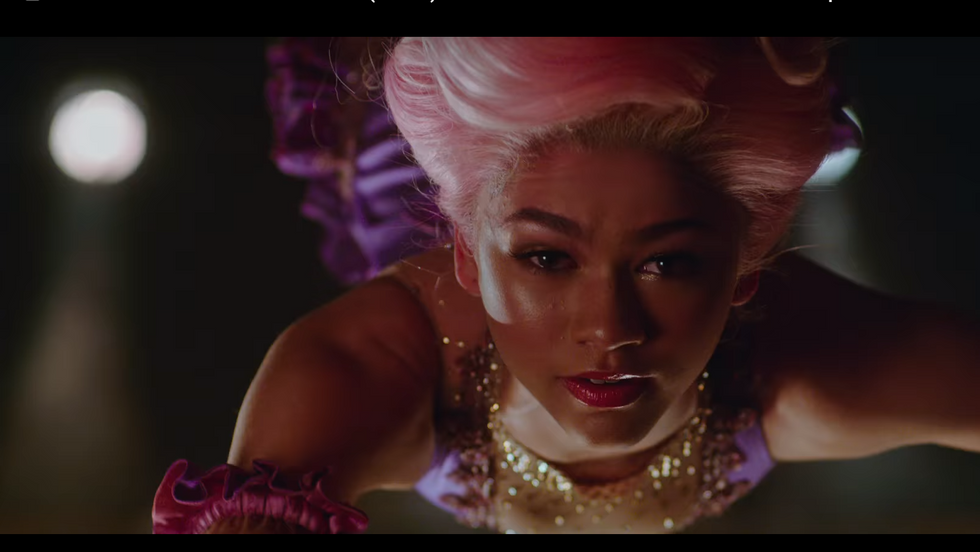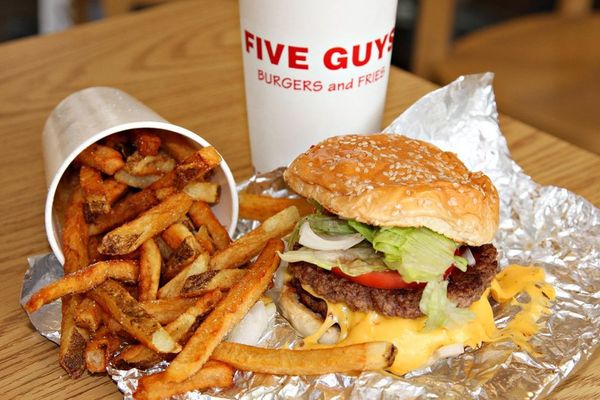Last Sunday, I finally headed to the movie theatre to watch The Greatest Showman. Prior to the movie, I had listened to few of the songs from the soundtrack. However, without the context of the movie, they did not tug at my heartstrings compared to my friends.
As soon as the musical began, I was transported to New York City before Broadway existed. In the beginning, we see a little boy (P.T. Barnum) work with his father who was a tailor for the Hallett family. Barnum and Charity, the daughter of Halletts, fell in love.
However, Charity’s father, not condoning his daughter falling in love with a tailor’s boy, sends her to a finishing school. Despite the distance barrier between them, Barnum and Charity exchange letters throughout her time in the school. Later, Barnum’s father passes away and he is left on the streets to collect and resell newspapers while stealing bread from the bread cart. This was the first scene where I felt a rush of emotions; an elderly woman who also lived on the streets handed him an apple. Her genuine warmth and smile gave me all the feels, despite her unique appearance.
As Barnum grew older, he married Charity and both of them lived in a small apartment in New York City. Barnum dreams of running a circus and organizing shows. While he initially faces obstacles in running a successful circus, he recruits individuals who are different and talented. These individuals included a bearded lady with an angelic voice, albino twins with gymnastic talents, a young trapeze artist of African descent (which, at the time, was not common), and among other performers.
The circus encounters criticism blaming Barnum for selling “fake” talent. However, Barnum continues to organize shows and help these individuals gain the deserved recognition despite their appearance. P.T. Barnum brings an important message to individuals even from today’s century by stating “you never make a difference in the world by being somebody else.”
As humans, we like to conform to the society and sometimes, take extreme measures to “fit in.” No matter where you are born or what religion you practice, we all embody different traits and Barnum helps us acknowledge the beauty of embracing our individuality.
However, in the middle of the movie, P.T. Barnum focuses on making a statement to the upper class by neglecting his family and his circus by touring the world with Jenny Lind, a popular Swedish singer. Barnum’s newly found success blinds him from remembering his purpose of starting the circus and providing a voice for the alienated group of members of the society. Charity attempts to explain this to her husband by telling him that “you don’t need everyone to love you, just a few good people.”
This quote helped me realize the importance of valuing relationships we have in hand and the insignificance of seeking affirmation from others at the cost of losing genuine bonds and real friendships.
P.T. Barnum then returns to the circus and renovates it by resuming his performances and helping the artists gain fame and stardom. In the end, he quits from the circus, passing his duty to Phillip Carlyle, a play writer, and sets off to watch his daughters grow.
Each and every track throughout the musical emphasized the beauty of being different (“This Is Me”) and valuing your dreams (“Million Dreams”) while not forgetting where we originated from (“From Now On”). The Greatest Showman lived up to its intensive publicity as Hugh Jackman, Keala Settle, Zac Efron, Zendaya, along with the entire cast truly portrayed the hardships faced during the 1830s.


 Photo by
Photo by 














